
Selected reviews about elderly care communities
Selected reviews about elderly care communities offer valuable insights into the experiences of residents and their families. These reviews can highlight the strengths and weaknesses of different communities, helping you make an informed decision when choosing the right care for your loved one.

My wife has dementia and glaucoma. Where will she get the best care?
Finding the best care for a wife with dementia and glaucoma involves seeking specialized facilities that offer comprehensive cognitive and visual support. Look for memory care communities with trained staff, access to ophthalmological services, and a nurturing environment. Engaging local support groups can also provide valuable resources and recommendations.

Does Charles Bonnet Syndrome cause confusion? My husband has experienced hallucinations usually upon waking.
Charles Bonnet Syndrome is characterized by visual hallucinations in individuals with vision loss, often occurring when awake. While it does not typically cause confusion, affected individuals may sometimes struggle to differentiate between hallucinations and reality. Your husband's experiences upon waking could be a manifestation of this condition, emphasizing the importance of consultation with a healthcare professional.

Mother just told me that the newsprint looked rather blurry when she tried to read the paper today. What would be wrong?
Mother's difficulty reading the newspaper suggests she may be experiencing vision problems, such as blurred vision or eye strain. This could be due to aging, uncorrected vision issues, or even digital eye strain from prolonged screen use. It might be a good idea for her to visit an eye care professional.
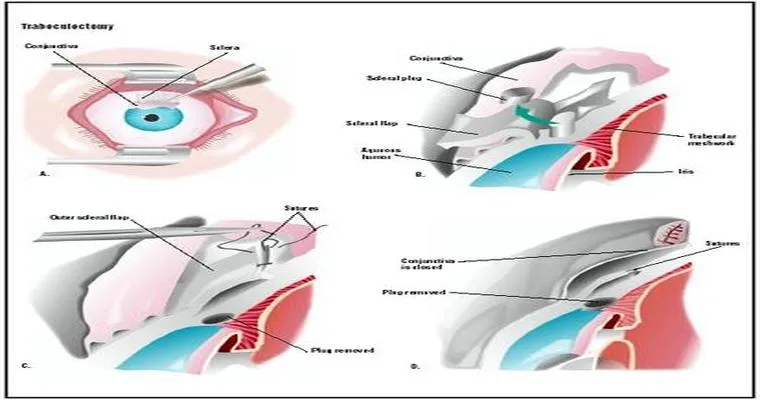
Glaucoma at 91 and she refuses eye drops. Dr. proposes surgery, but I don't see her cooperating. What should I do?
At 91, a patient with glaucoma is refusing prescribed eye drops, complicating her treatment. The doctor suggests surgery as an alternative, but her willingness to cooperate is uncertain. To address this, consider engaging in a thorough discussion about her concerns, exploring her treatment preferences, and involving family support to encourage compliance.

Should your doctor be able to tell you what kind of dementia it is?
Determining the specific type of dementia can be challenging, as symptoms often overlap. A doctor should conduct comprehensive assessments, including medical history, cognitive tests, and imaging studies, to provide an accurate diagnosis. Understanding the type of dementia is crucial for appropriate treatment and care planning, benefiting both patients and their families.

Telehealth options for dementia patients?
Telehealth options for dementia patients include virtual consultations with healthcare professionals, remote monitoring of cognitive health, and online support groups for caregivers. These services enhance accessibility to care, provide timely interventions, and facilitate communication, ultimately improving the quality of life for patients and their families while managing the condition effectively.
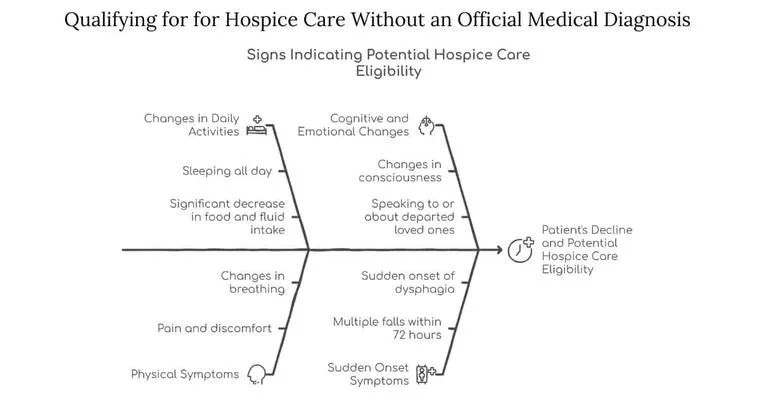
How do I get a hospice dx, for home care?
To obtain a hospice diagnosis for home care, consult with your healthcare provider who can assess the patient's condition. They will evaluate the prognosis and determine if the patient meets the criteria for hospice services, focusing on a life-limiting illness. Documentation and referrals will be necessary for the process.

Third (male) UTI in 7 months, what would you do?
Experiencing a third male UTI within seven months warrants a comprehensive evaluation. I would recommend consulting a healthcare provider for further assessment, including urine culture and imaging studies to identify potential underlying causes. Additionally, discussing lifestyle changes, hydration, and preventive measures may help reduce recurrence.

Switched over to a PCP that comes directly to the ALF, and I’m already unhappy with the arrangement. Have others had this experience?
I recently switched to a primary care provider who visits the assisted living facility, but I'm already feeling dissatisfied with the arrangement. The care seems less personalized, and communication has been an issue. I'm curious if others have faced similar experiences with in-home provider services.

We’re not done here, almost in a crisis situation
In a tense atmosphere, the team grapples with unexpected challenges that threaten their progress. Emotions run high as they confront the possibility of failure, yet a shared determination emerges. With time slipping away, they rally together, realizing that collaboration and resilience are their best tools to navigate this critical moment.
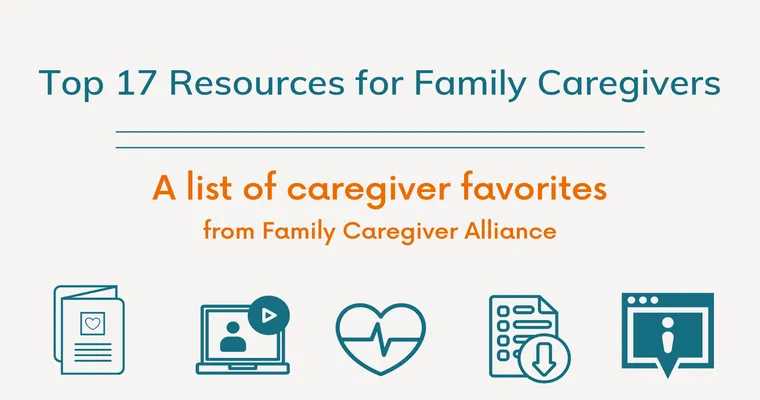
8 Government Resources Every Caregiver Should Know About
Caregivers can benefit from various government resources designed to support them. These include financial assistance programs, respite care services, training and education initiatives, legal aid, health care resources, caregiver support groups, transportation services, and information hotlines. Accessing these resources can enhance the caregiving experience and improve the quality of care provided.
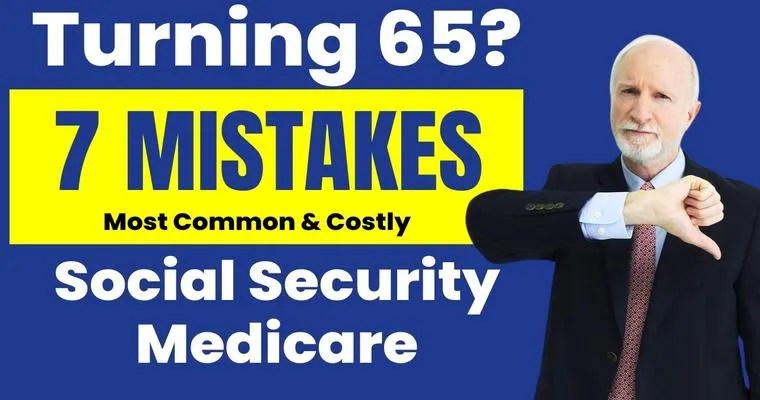
The Biggest Mistake People Make When Filing for Social Security
Many people mistakenly claim Social Security benefits too early, reducing their monthly payments significantly over time. This decision often stems from a lack of understanding of how benefits are calculated and the long-term impact of early retirement. Proper planning can maximize lifetime benefits and ensure financial stability in retirement.
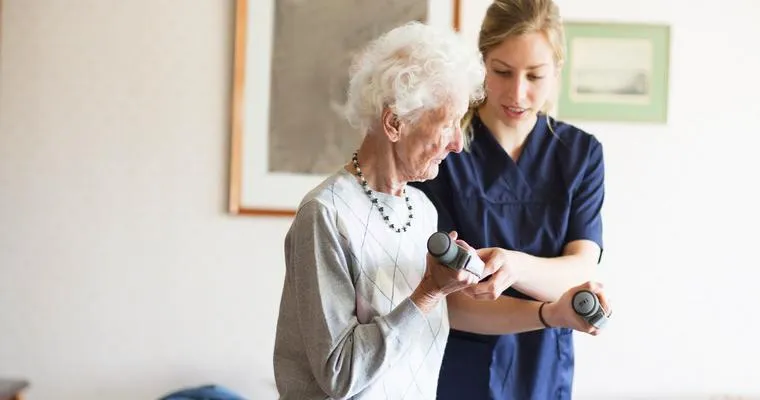
Coronavirus Stimulus Checks: What Seniors and Caregivers Need to Know
Coronavirus stimulus checks provide essential financial support for seniors and caregivers facing economic challenges during the pandemic. Understanding eligibility, payment amounts, and how these funds can be utilized is crucial. Seniors should stay informed about any additional relief measures to ensure they receive the assistance they need during this difficult time.

Did you ever stop to think that maybe that aging parent or patient simply hates doctors because of past treatment?
Many aging parents or patients may harbor a deep-seated aversion to doctors due to negative experiences in the past. These feelings can stem from perceived insensitivity, ineffective treatments, or lack of communication, leading to a reluctance to seek necessary medical care and complicating their health management. Understanding this perspective is crucial.

It's not "just" vaginal dryness.
Vaginal dryness is often dismissed as a minor issue, but it can significantly impact a woman's quality of life. This condition may lead to discomfort, pain during intimacy, and emotional distress. Understanding its causes and effects is crucial for effective management and fostering open conversations about sexual health and well-being.
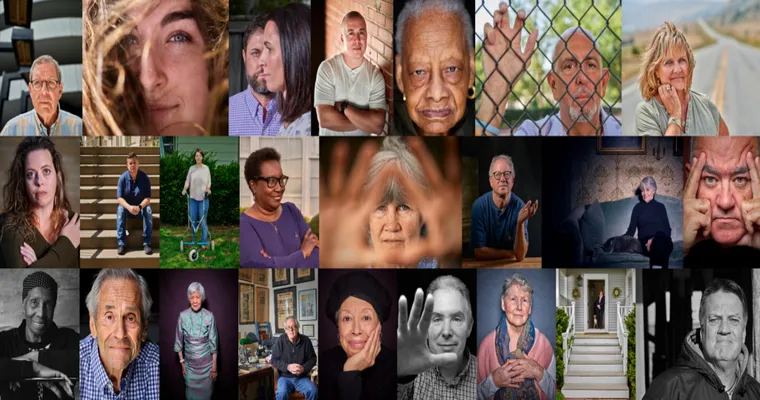
Facing ageism with Alzheimer's/Dementia.
Addressing ageism in the context of Alzheimer's and dementia involves recognizing and challenging stereotypes that devalue older adults. It emphasizes the importance of dignity, respect, and inclusion for individuals living with these conditions, advocating for their rights and ensuring they receive compassionate care and support while actively participating in society.

Humana Hmo: Any experience with finding doctors?
Humana HMO plans often provide a streamlined approach to finding doctors, as members must choose from a network of providers. Many users report positive experiences with the online directory and customer service, though some may face challenges in accessing specialists or finding nearby providers within the network.

Finally, a good doctor experience!
After numerous visits to various healthcare providers, I finally found a compassionate doctor who listened and understood my concerns. The appointment was thorough, with clear explanations and a collaborative approach to my treatment plan. I left feeling hopeful and empowered, grateful for a positive and reassuring healthcare experience.

Uh oh; I think I waited too long.
Feeling a rush of panic, I realized I had procrastinated on an important task. Time slipped away unnoticed, and now the deadline loomed closer than ever. Regret washed over me as I contemplated the consequences of my delay, leaving me anxious and uncertain about how to salvage the situation.
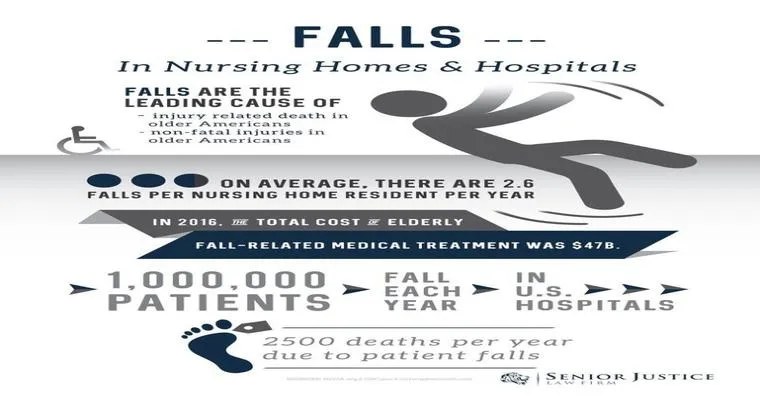
What happens when someone passes at a nursing home?
When someone passes away in a nursing home, staff members follow established protocols, which typically involve notifying medical personnel, informing family members, and documenting the death. Residents may receive emotional support, and arrangements for the deceased's body and funeral services are coordinated. Staff may also hold a debriefing to process the event.
Page 71 of 134